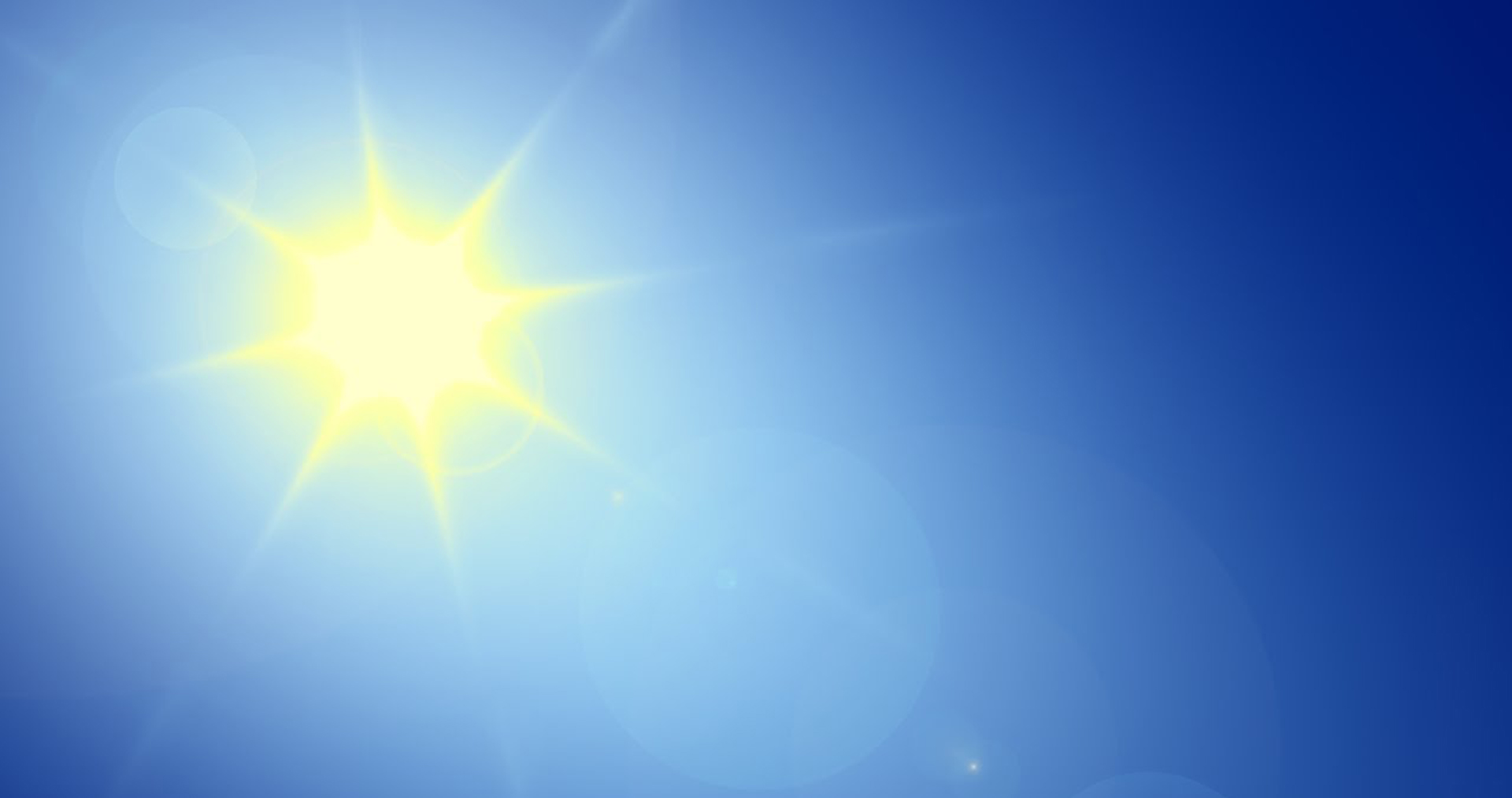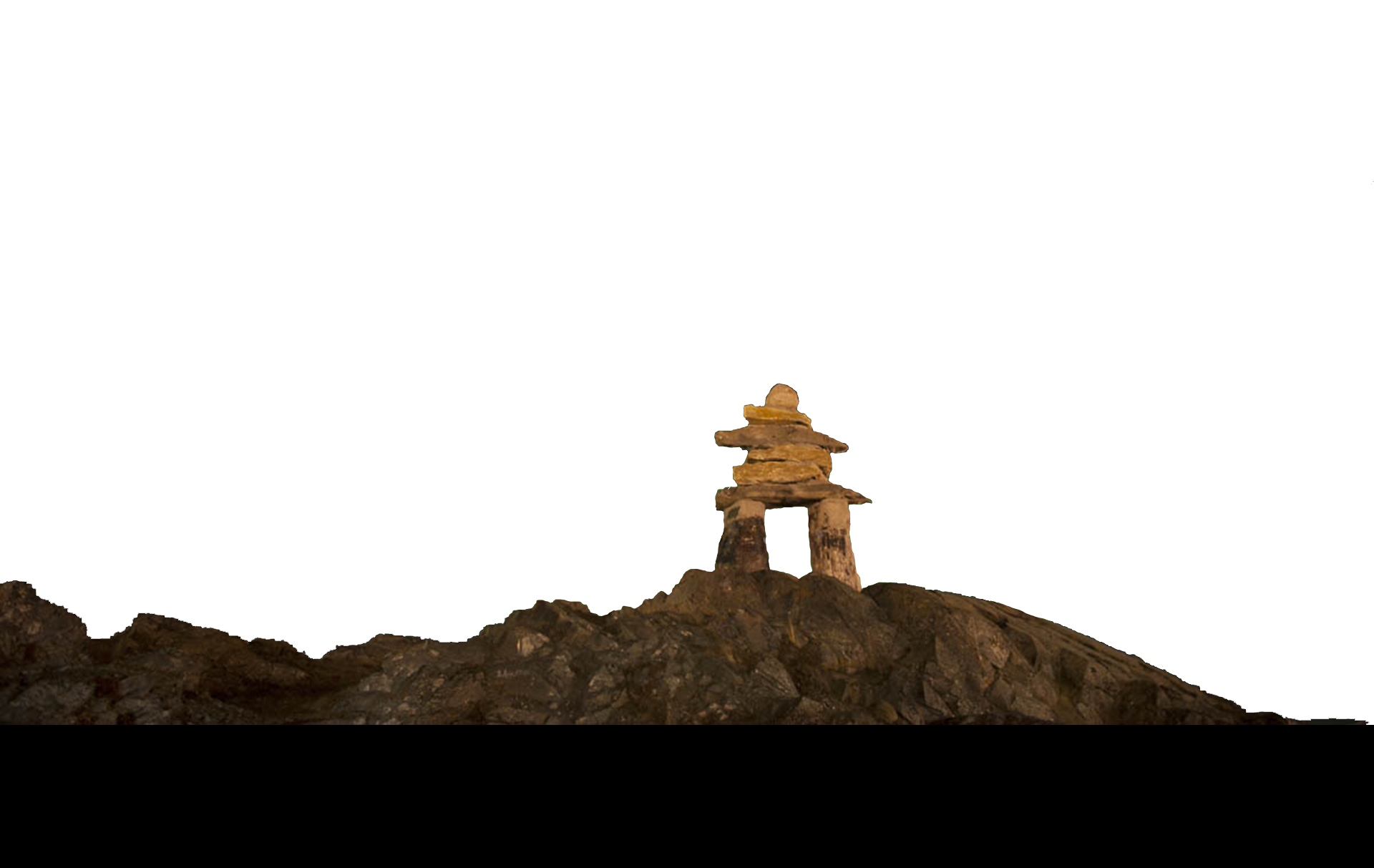




Space Climate 7 Meeting Abstract
Historical Candidate Auroras in Comparison with Auroral Reports during Known Extreme Events
Hisashi Hayakawa (Osaka University; Rutherford Appleton Laboratory)
F. Richard Stephenson (Univ. of Durham), David M. Willis (Rutherford Appleton Laboratory), Yuta Uchikawa (The Univ. of Cambridge), Yusuke Ebihara (Kyoto Univ.), Julia Wilkinson (The Univ. of Oxford), Christopher J. Scott (The Univ. of Reading), and Matthew N. Wild (Rutherford Appleton Laboratory)
Great auroral displays in mid to low latitude represent magnetic storms caused by geo-effective solar eruptions. Due to the limited coverage of scientific measurements, historical reports of candidate aurorae have been discussed to understand the space climate around the known cosmic ray events in 774/775 and 993/994, partially expecting them to be proxies of large solar eruptions. Due to the lack of contemporary instrumental measurements, their physical nature has been controversially interpreted together with the contemporary long-term solar activity. In this presentation, we analyze the candidate auroral records in 770s and 990s, in comparison with auroral records during known magnetic storms. These analyses let us locate extreme magnetic storms in 776 and in late 992 and make conservative estimates for the amplitude of these magnetic storms. These events show that the solar activity should have been significantly enhanced around these cosmic ray events, while we need to be careful and conservative for the relationship of these events with the anomalous cosmic ray events recorded in radio-isotopes.
Mode of presentation: oral (Need to be confirmed by the SOC)
